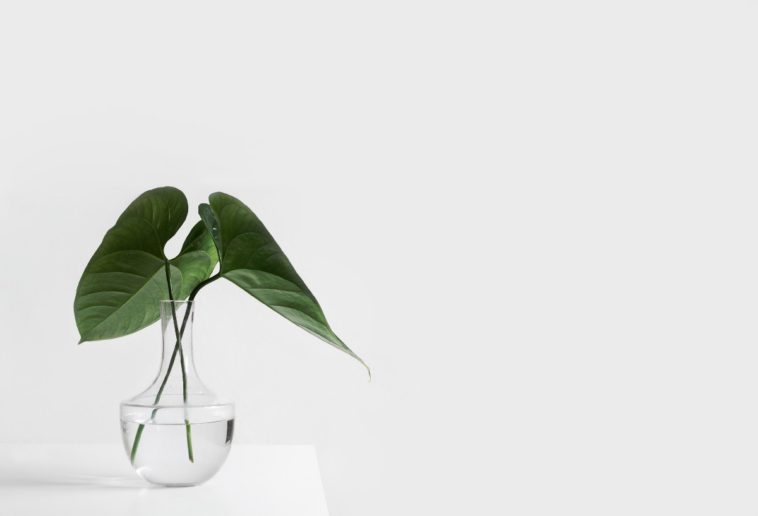h2>Dating : How Writing to the Dead Saved My Life
I was never 100% convinced I deserved to die, until recently.
I knew this wave of depression was going to be harder to survive because I started to burn the most important of bridges. I quit my job, I got into arguments about the smallest things and took conscious steps to make my family hate me. I’m bipolar with rapid cycling. Fresh diagnosis, but I knew for a long time.
I’ve been suicidal before in my life, during the depressive and mixed states, but never had the ‘guts’ to go through with it. I’m painfully aware of the statistics surrounding suicidality and bipolar disorder, with apparently a third of us attempting suicide at least once. Apparently, these increase with comorbidity (other “disorders” also present).
I considered myself lucky and grateful, because there were people who were worse off than me. Quite shitty, I know. It wore off pretty quickly for the same reason. There were people who were struggling more than I was. This thought took up a lot of my time. It still didn’t let me put my life into a wider context and get out of what I saw as a cycle of inability to problem solve and falling into bad coping mechanisms, that I should have control over.
I’m clearly writing now, I’m alive. Spoiler. I asked for help, it was a process.
Without beating around the bush — I really thought I had it all figured out. All evidence was telling me I was an imposter with unrealistic and pretentious dreams; a fake, unsuccessful creative who hasn’t created anything of worth in well over a year. My perspective was tainted with years of self-pity, laziness and addiction. Less than a month after graduating with a master’s degree, I finally decided that everything I did was defective. That I was inherently defective.
People have all sorts of reactions to success. I don’t know whether my mood worsened because of burn out or fearing of not being able to excel in the job market as much as I did in education. My family moved to another country, sacrificing everything including our emotional stability and sense of self-worth, for exactly that reason. Like many, I grew up in a household that valued productivity, success and hard work. My parents are smart, resourceful and resilient people. Whilst they inspired me, people talked about my achievements and potential. I felt unable to deliver.
Anyway, I was sticking around. I was hurting myself as damage control. I was hurting myself during episodes where I felt like I wasn’t present in my body. It sometimes felt like the sentence could be carried out at any time. The compulsion to wait just a little longer really confused me. I already saw myself as unable to live a stable, dignified life.
When I could, in the past, I explored my feelings, thoughts and purpose through writing. I’ve practiced freewriting/journaling for many years now, exactly for that reason. At the time, my ability to write was seriously impaired though. I struggled with the physical aspect and I began to fear the psychological side of it. I felt too embarrassed to write, because over time, I gave this simple activity a lot of weight and significance. I was so used to being marked or paid for it. For the first time ever, I didn’t know what or who I was writing for. I just knew I needed to. I needed that final confirmation that my inner dialogue was exhausted. Settled. But most of all, I think I needed an answer different to the deadly conclusions I kept methodically coming to.
It had to be completely private. My writing definitely couldn’t be addressed to anyone, just in case.
I needed a safe space to explore my thoughts and feelings about life and death. I always thought talking to experts was most efficient and there is no better expert in life and death than a dead person. Right? So, without much thought, I chose the first dead person that popped into my head. There was the obvious advantage of not causing anybody any real harm; no risk of subconsciously damaging or straining any relationship; nobody to judge me.
I rejected Catholicism since I remember. I don’t have a clue about what happens after death. I just want to make that clear because talking to the dead was something, I only thought religious people did.
I started scribbling a formal “Dear Babcia Marysia.” She didn’t know a word of English, it didn’t matter — she’s been dead for about two years and a half.
Honestly, at first it still felt a bit embarrassing. Very awkward. Like that phone call with a relative you were supposed to have a long time ago. My first thought was that I didn’t ring her enough before she died. I felt obliged to apologise. So, I apologised.
The truth is I literally never actually rang my now dead grandma. She never let me realise this though, until now. I felt ashamed but quietly grateful for how loving this simple act was. This shame was just not as soul-destroying.
I spent a lot of time writing to her, trying to explain my life away to make myself feel like a better human being. Explaining that that we grew apart because of distance and because life just never seemed to stop for us. That there were always problems, conflicts and my way of dealing was moving away halfway across the country; that I pretty much lost touch with my parents too, until recently.
I wrote in all states, about everything including things I’ll probably never discuss again. It took weeks of stopping mid-sentence and coming back with “I’m back, I just felt so pathetic and couldn’t subject you to any more of this.” Just to spill out a little bit more.
Writing to a dead relative like my grandma, stimulated a conversation with the memory of someone whose past love towards you, you have no control over. And even if shame comes up, it’s towards a dead person. You can’t make things better there, they are dead. You have to let it go. I promised us both that I would try my best to not treat another human this way. I began focusing on the living. What I could do.
Through exploring death by writing to somebody dead, I became instinctively drawn to aspects of life that the living have control over. I’m still a little mind-blown about this whole process, but I feel like it’s the purest proof that your body and mind’s primary function is to keep you alive. I think connection plays a significant part in keeping you alive. It nourishes us and we all need nourishment. This was true for me.
I started to carry my rosary on me. My mum gave me a few over the years and they always reminded me of my grandma since she prayed for everybody, all of her life. I don’t use them to pray, I use them to remember, which I guess could be seen as the same thing.
This whole process provided me with a safe space to frame my own life in a wider context of family and forces that were at play long before I was born. War. Generational trauma and patterns that I could suddenly see everywhere (I’ll share this research later). We’ve had alcoholics, life-long drug users, gamblers, criminals, suicides. I fell into a club, I wasn’t alone. I began relating. I began feeling normal. My narrative started shifting, it became intertwined with others. I kept writing through it and that created an urge to talk to those who were a part of my story, our pain. Mostly hoping, that they would remind me if a violent change in mental state made me forget, again.
To put it simply: The act of writing itself kept me physically and mentally busy. It gave me more time. It became a way of building a bridge, back to my loved ones and importantly, myself.
It’s so much easier to climb back up with the support of others, with the weight shared.
Do reach out.



